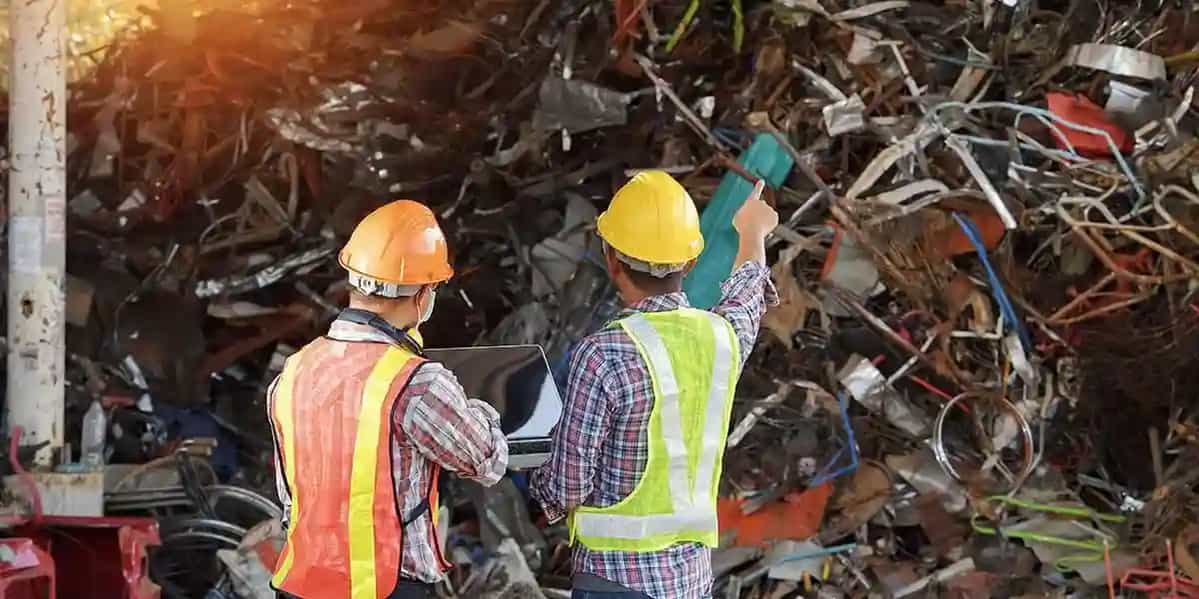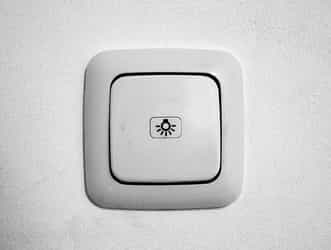
Mar 22, 2023
Blog Energy & Sustainability What does the growing population mean for global waste management?
The population is growing, and with it comes a mounting burden of waste. For cities, countries, and municipalities, dealing with the increasing amount of waste is a mammoth challenge. If not disposed of effectively, waste not only threatens our environment, but also the population’s health and prosperity.
Unsurprisingly, the answer is being found increasingly in technology. Smart waste management systems provide a modern solution to the global waste burden, but are far from Disney’s depictions of the trash-compacting robot Wall-E. Instead, they are complex networks powered by the Internet of Things (IoT). As more and more regions turn to smart waste management, the market is expected to boom. BCC Research has estimated it will reach as much as $675.3 billion by 2027, up from $451.5 billion in 2022. Before we dive further into the future of global waste management, let’s get the basics nailed down.
At its core, smart waste management is about making our waste management systems more efficient with the help of smart technology. These smart waste systems contain various sensors and data centers across the entire waste management network. They can register information and transmit them from one data point to another. For example, a bin could be embedded with a sensor that monitors the fill level. When it is nearing full, the sensor would send a signal that alerts waste management providers that the bin requires emptying. As a result, bin collectors can adjust their route to prioritize fuller bins, allowing for waste to be collected quickly, without delays, while avoiding unsanitary waste build-up.
Smart waste management aims to streamline waste disposal. This will make operations more efficient, effectively saving time, money, and reducing carbon emissions. According to BCC Research’s analysis, smart waste management helps lower the overall cost of collection and transportation by more than 50%. This helps keep public places, residential buildings, hospitals, and other institutions free from trash.
Overall, smart waste management helps clean up cities and reduce public health risks. The Covid-19 pandemic highlighted the dangers of unsafe disposal of hazardous items – smart waste management helps eliminate this risk.
Four key technologies currently make up most smart waste management solutions. These include:
These IoT-based sensors turn ordinary bins into smart bins. The sensors identify the fill level of containers and provide live updates to waste management coordinators. Sensors can also capture bin orientation and temperature measurements, providing 3D topology maps of the contents of bins. The sensors send the data to the cloud, where it can be analyzed and acted upon.
BCC Research has dove into the market for smart waste management systems. We explore the data across numerous regions, analyzing opportunities and blockers for those with stakes in the industry. We offer complimentary overviews of our entire selection of reports. Download your overview of Smart Waste Management Systems: Global Markets
Smart waste management platforms use analytics to translate the data gathered from bins into actionable insights that improve waste services. The type of data generated in this platform includes:
By analyzing the data gathered from bin-fill levels on the platform, waste collectors can determine the most efficient route for waste collection. Instead of simply emptying the bins on a pre-planned collection route – regardless of whether they need emptying or not – collectors can switch routes to prioritize full bins, saving on both fuel and time.
Bin container tracking provides a digital overview of containers and waste inventory. It allows bin owners to optimize inventories, keep track of damaged bins, protect bins against theft, and easily schedule maintenance.
The growing population will undoubtedly have a knock-on impact on the environment, but smart waste management systems are helping curb the damage. With streamlined infrastructure, reduced costs, and less environmental damage, they really are a win-win. But ultimately, uptake of smart technologies in the waste management sector is still low. As the global waste burden increases, more opportunities will emerge.

Olivia Lowden is a Junior Copywriter at BCC Research, writing content on everything from sustainability to fintech. Before beginning at BCC Research, she received a First-Class Master’s Degree in Creative Writing from the University of East Anglia.

Electrical switches—devices that control the flow of electricity—are the backbon...

As the world accelerates toward net-zero emissions, hydrogen, and ammonia have e...

Hydrogen technology is widely used across industries like glass, fertilizer, met...

We are your trusted research partner, providing actionable insights and custom consulting across life sciences, advanced materials, and technology. Allow BCC Research to nurture your smartest business decisions today, tomorrow, and beyond.
Contact UsBCC Research provides objective, unbiased measurement and assessment of market opportunities with detailed market research reports. Our experienced industry analysts assess growth opportunities, market sizing, technologies, applications, supply chains and companies with the singular goal of helping you make informed business decisions, free of noise and hype.